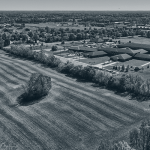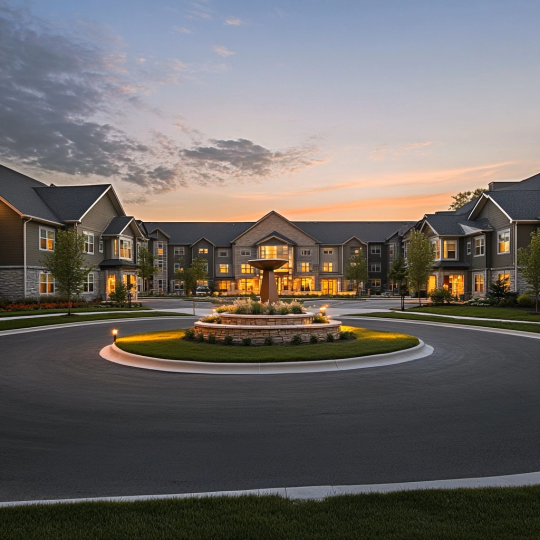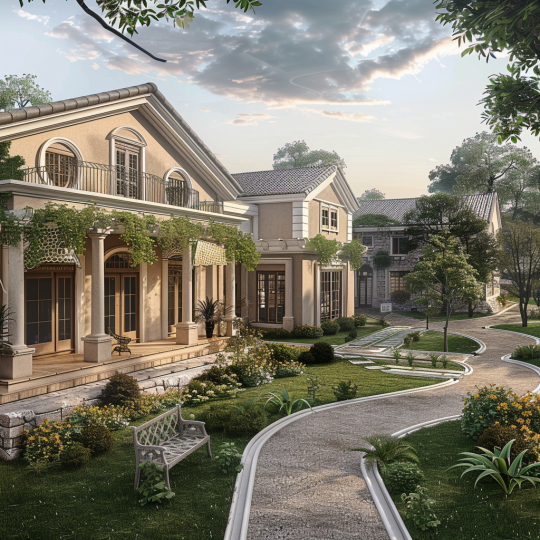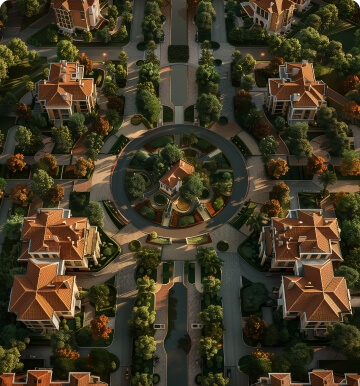As word gets out about Villa Licci and people reach out to us with questions, we have compiled a list below with the most frequently asked questions (and answers!). These are the ones that come in most often to our comment line.
1. When will Villa Licci open?
The current timeline has the groundbreaking ceremony planned for late 2025 with anticipated move in sometime in 2027
If you would like to help us make this dream a reality faster, please considering making a tax-deductible donation
2. How does a person get on the waitlist?
If you would like to be informed when Villa Licci is accepting applications for residency, please fill out the Contact Us form. In the “How can we help you?” box, please say you are interested in being notified when applications are available. We will then send you an email with all the information once it is ready.
3. Is this for adults only? What is an adult?
This residence will be for adults only. An adult is anyone over the age of 18 who experienced a TBI after the age of 16.
4. How much will an apartment cost?
This has yet to be determined and will be based upon various factors. There may be opportunities for government assistance, such as a TBI waiver, that could help offset rental costs.
The goal is to have the building itself paid in full so that we can offer a reduced monthly rent – affordable to most families.
5. Is Villa Licci in other states? Are there similar homes in other states?
To the best of our knowledge, Villa Licci will be the first of its kind in the United States. While we have larger future plans to expand to other states, the current focus is on building the first residential community. This residence will be located in Central Indiana.
6. Is Villa Licci a home for people with developmental disabilities or other cognitive issues (for example, Down syndrome, autism, and more)?
Villa Licci is a residence for adult survivors of traumatic brain injuries (TBIs). This may include someone with an acquired brain injury, such as a stroke.
Currently, no other residential community in the country exists solely for those with traumatic brain injuries. People with a TBI differ from those with other developmental and cognitive disorders in that TBI is an acquired injury. Each TBI survivor was living their life a certain way and now they must live differently due to their injury. This creates a dramatic “before and after” to their lives, and many lament the loss of the life they once had, which now seems unattainable.
TBI survivors need to be connected to other survivors to share the uniqueness of their situation that others who haven’t had a TBI or who have different cognitive issues just cannot understand.











